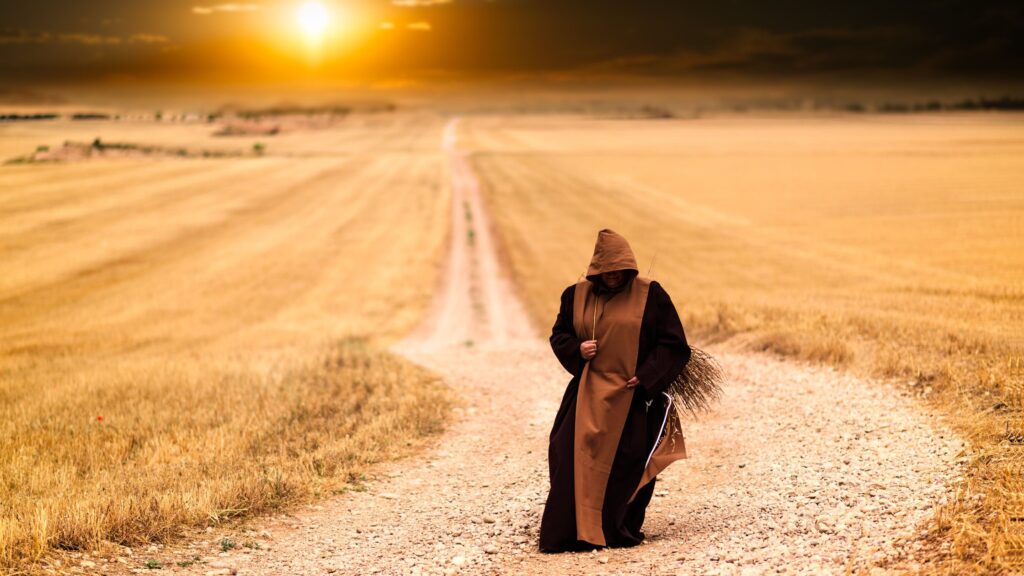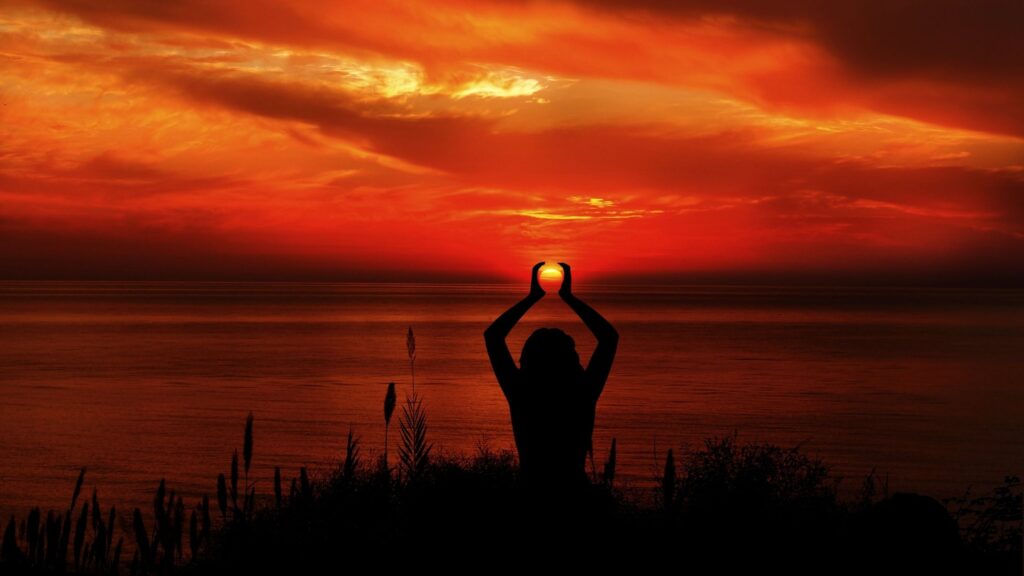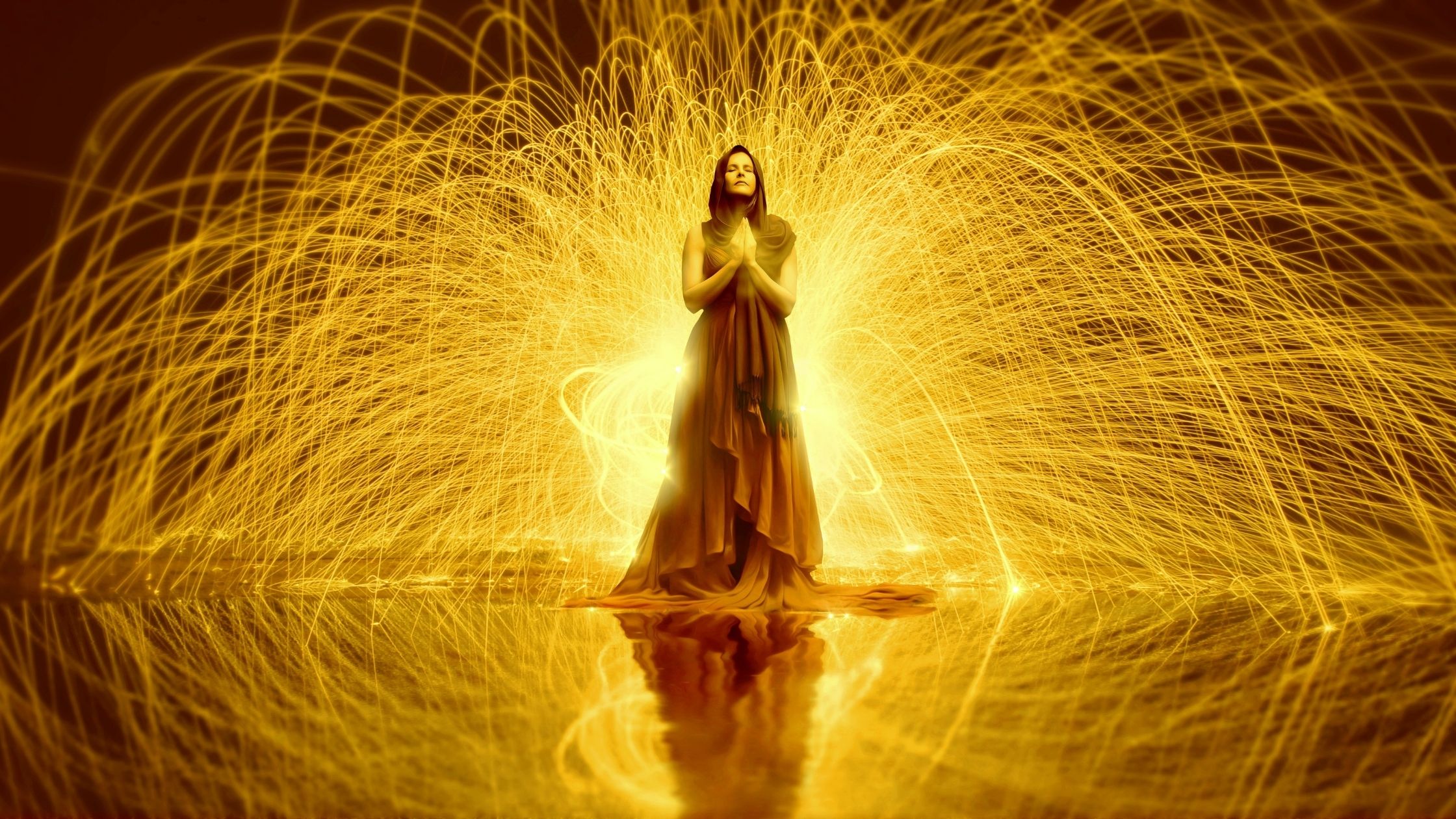What You Need to Know About Your Spiritual Awakening
For anyone entering the spiritual community for the first time, the term spiritual awakening can seem confusing. It’s not something you often see in traditional religions like Christianity, so you’d be forgiven for thinking it’s an entirely new experience exclusive to powerful mystics.
But a spiritual awakening is something every person can have — including you!
The Simple Definition
At some point in everyone’s life, their perspective on the world radically shifts. Everything they thought they knew falls away and they become aware of a greater spectrum of possibility.
This is a spiritual awakening. It’s usually a painful and pronounced memory.
Although not often mentioned in mystical literature, a spiritual awakening can happen multiple times. However, this means the first spiritual awakening was not effective, so it’s not an experience you should seek to repeat yourself.
The purpose of a spiritual awakening is to guide you towards a spiritual life purpose.
Unfortunately, most people don’t listen to the call.
Historical Origins
In Western culture, the first spiritual awakenings in the general public occurred in the mysteries of Greco-Roman paganism. These were groups that met in secret to worship a particular deity or rite.
Such practices weren’t seen favorably by the state as spirituality was considered superstitious. It did not advance the glory of Rome and was focused too much on individual experience.
This continued with the introduction of Christianity which was more inclusive and integrated with their religious practices. Christianity has its own “official” form of spiritual awakening in baptism and is a movement defined by that experience.
That means the era of the Greco-Roman pagan and Christian transition was also the advent of personal revelation and individual spiritual awakenings becoming the norm rather than only the path of state clerics.
The Effect of the Enlightenment

In any healthy culture, spiritual enlightenment should be a normal part of growing up. However, spirituality can become state religions that eradicate personal practice in favor of government power over time.
This occurred in Western culture with the corruption of the Catholic church in the middle ages that caused religion to fall out of favor with intellectuals. They raised classical thought without its pagan applications to public consciousness, resulting in the Renaissance and later Age of Enlightenment.
As a collective spiritual awakening, logic reigned as the new god which began to re-organize culture around that principle. Individuals were called to explore, invent, and create for material gain.
This shift in mindset is still present today and is the primary makeup of most spiritual awakenings. These are shallow shifts of perspective and are not sufficient in guiding one towards their true life purpose. This is why so many people feel empty in their lives.
A Return to Romanticism
There were many religious movements since the Renaissance, including the Protestant Reformation, the Counter-Reformation, and the numerous Christian Awakening movements in Europe and the United States, just to name a few.
But the most important for the evolution of spiritual awakenings in the general public was the Romantic period. This movement occurred in the 18th and 19th centuries as a response to the Industrial Revolution. There was a love for pastoralism and emotion as more and more people flocked to polluted cities for work.
Art under Romanticism’s influence favored artistic expression and the acknowledgment of the soul. Nature became enchanted once more. Supernatural and occult themes were common and a new religion around those ideas, Spiritualism, emerged.
Pagan beliefs through folk practices and academic study were also brought back into the public consciousness. Reconstruction of some pagan religions occurred and there were new (and public) adherents for the first time in centuries.
Later scholars would call the pagan worldview that of a romantic-conservative. This would also fit for Christians before materialism as it was syncretic and took on folk beliefs, especially Catholicism with some of their early saints such as Brigid of Ireland.
However, many people believe that Christianity’s desire to match the scientific materialism of the era resulted in many denominations losing their sense of an enchanted world too. This is still a major problem and one of the reasons why people feel Christianity is empty: it’s just “rules” and not a spiritually uplifting religion.
New Age Beliefs
The Romantic period ushered in a period of religious revival and change. Likely because of Christianity’s disenchantment, many sought other religions during the advent of their spiritual awakening.
When your entire perspective of the world shifts in the West, the secular and Christian worldview may not be satisfactory.
Increased contact and awareness of Eastern religions brought more modern ideas of a spiritual awakening that we see today. There was a rise in perennial philosophy and universalism, which is, in essence, the idea that all religions are fundamentally right but differ in the details.
All the different movements previously mentioned began to converge on a general New Age philosophy that grounds much of the belief in an eclectic understanding of the mind-body-spirit connection.
Although traditionalist adherents exist, most modern pagans, spiritualists, and even many Christians fall under the New Age umbrella to some degree. The only real exceptions are conservative Christians, secularists, and members of other traditional interpretations of Abrahamic religions.
Cultural Influence on Spiritual Awakenings

What you need to know about your spiritual awakening is this: it’s founded on a cultural influence determined by the course of history.
The modern spiritual awakening generally takes two forms: the epiphany moment in a traditional religion (such as baptism in Christianity) or the dissatisfaction with the material and secular world in new age spiritual paths.
Both are usually in reaction to the disenchantment of Western society.
This is important to know because a spiritual awakening, when fully understood, detaches you from the cold rational perspective that arose during the Renaissance and Enlightenment.
A spiritual awakening is the proper, mature appreciation for the world in its natural, enchanted form.
It doesn’t have to be painful, but it usually is because Western culture has generally chosen to disregard that inner call and structure society to work against spiritual purpose.
Your attachment to cold materialism is fundamentally what kills your spiritual growth.
What you need to ask yourself is this: after your spiritual awakening, will you follow your life purpose and step into a world of enchantment?
Feel inspired and want spiritual guidance for your life? Check out my tarot shop for detailed readings and fun printables. Readers of this blog get 10% off at checkout!







Thank you for this post.
Informatively written.
Thanks, David! I’m glad it helped you! 🙂